
Alina’s last hours alive were recorded on a security camera.
It was the evening of Sunday, February 19, 2023 and, according to what she told a cousin in text messages, she would later take a bus to go to her home in Barrio La Gallera, about two kilometers (1.25 miles) from downtown Liberia. She lived alone in an apartment that she managed to rent with her business selling jewelry.
Alina was a 25 year old student at National University. No one heard from her again after that last message. Two days later, her body was found in an abandoned lot in Liberia. She was naked, with signs of sexual violence on her body.
The main suspect in her femicide, Francisco Rivera, was also recorded on the security cameras of a bar that both of them were at. Although the police and the prosecutor’s office identified him, it’s been of no use. Nine months later, he’s still on the run.
He isn’t the only murderer who has fled after violently killing a woman in Guanacaste (technically classified as femicide when a woman is killed for gender reasons).
In the eleven months of 2023 that have already passed, the main suspects in three out of five femicides are free and on the run.
The Voice of Guanacaste analyzed the femicides recorded between 2018 and 2023 in the province, based on those identified by the Interinstitutional Subcommission for the Prevention of Femicide, but also adding others that have not been included in that report, such as the murder of Darys Mora in La Cruz.
In our research, we counted 19 femicides in total, with an average of two to three women murdered each year.
2018 and 2023 are exceptions, when there have been five cases. And that figure could be higher this year, considering that there is still one month left before the end of the year and the fact that there are three crimes pending to be analyzed and categorized as femicides by the subcommittee.
This year, the men who committed femicide that are on the run may open the doors to an impunity never before experienced in the province.
Thanks to reforms to the law that penalizes violence against women, cases like Alina’s are now also judged as femicides, where her relationship with her killer apparently was not that of a romantic partner.
Previously, this crime was considered only for husbands or boyfriends. “Women who had been in a courtship [that is, ex-partners], or who had some contact, or victims of a sexual matter [are now included],” explained Liberia’s deputy prosecutor, Elvis López.
Faced with the need to solve the crime and prevent the case from being filed away, Alina’s mom has become a kind of collaborator in the investigation.
The prosecutor’s office told her that it’s likely that Rivera has gone to Nicaragua. That’s not enough for her.
“I haven’t stopped asking what’s happening and how everything is going. I go to the courts to talk to the prosecutor and the investigators from OIJ [Judicial Investigation Body], because they also have a part in this,” she said.
They stick to [the idea] that he’s there [in Nicaragua] and nothing more. That’s what they tell me. ‘He’s there. We can’t do anything.’ But something in my heart tells me that he’s here in Costa Rica.”
The photo that OIJ published of him as a person wanted for police purposes is practically unrecognizable, according to Cinthia.
She took it upon herself to find and bring them a more recent and clearer one, in which you can see his face. “That was about two months ago and here I am waiting. Every day I look to see if they have posted it yet [on social networks], but nothing.”
Alerts have also been issued to find William Calderón Talavera, the main suspect in the femicide of 33-year-old Anielka Silva in Santa Cruz, and Gabriel Guadamuz Orozco for the possible femicide of 38-year-old Aura Velásquez Rocha in Nicoya.
Wherever they are found, no country has to extradite its citizens, even if they are internationally wanted. The Costa Rican authorities have no way of interfering in a sentence or whether or not a pardon is granted.
“[The case is followed up on to] be able to have closure, so that there is a judicial ruling, so that the family can somehow have closure and say ‘well, what was within our powers was done,’” said López.
Time and Distance Threaten Justice
Each hour after a femicide is key to ensuring that those responsible face trials for what they did, not only because of the energy that investigators dedicate to the case, but also because of the quality of the evidence, such as fluids and DNA that they can identify.
[A theft] shouldn’t be on the same level as a large pursuit, for example, of a drug plane, of hitmen, of a femicide, of a serial rapist, but they end up being the same numerically,” explained prosecutor Elvis López, who admitted that he also experiences limited resources.
“We continue to be measured by numbers,” he added.
Finding the body of a femicide victim days after the crime can hinder investigations, when the murderer has even taken advantage to escape. In a border province like Guanacaste, escapees have that border crossing in their favor.
“If the circumstance [of Alina’s femicide] had been discovered immediately in a matter of minutes, you could close the borders,” said López, and he pointed out that a homicide in Cartago is not the same, where the border is about five or six hours away, whereas in Liberia, it’s only an hour or an hour and a half.
“There’s no need to tell you about a femicide in La Cruz,” he added, since La Cruz is even closer to the border. In some cases, despite alerts from the communities, the actions of authorities aren’t enough, as in the case of the disappearance and subsequent femicide of Darys Mora, in La Cruz.
But men who commit femicides have even evaded police operations. William Calderón Talavera shot and killed his partner, Anielka, on February 27, 2023 in a bar in Santa Cruz. He immediately fled.
Hours later, the authorities began search operations on the same day of the murder to track him in areas surrounding Santa Cruz and even along the border with Nicaragua. After several days of trying, they were unable to locate his whereabouts.
Caravaca and López, the prosecutor in Liberia, agree that public involvement is decisive.
There are very few cases in which we have eyewitnesses, but rather they are referential witnesses of the commission of the act. That’s why their statements are essential, because they are the eyes of the court [the judges],” explained the prosecutor.
“We need elements of evidence but people are reluctant. They never heard anything, they never saw anything,” López lamented.
“I try to tell them that for some extraordinary reason, they witnessed something and I appeal to them that another time, it could be their mom, sister, niece. The issue is that gender violence affects us all,” added the prosecutor.
The Voice of Guanacaste requested information from the Prosecutor’s Office on whether they submitted the names of the accused who are on the run to the International Police (Interpol), as well as the date on which they did so. However, as of the deadline for this article, they had not responded to the inquiry.
When the Criminal Escapes Over the Border
Those who commit femicides have a 300-kilometer (186-mile) borderline to cross into Nicaragua, a country that, depending on where you are in the province, is only minutes or at most three hours away.
Calderón’s case bears similarities to the massacre of a family of five in Matapalo, which occurred in February of 2016. At that time, the crime wasn’t discovered until days after the homicide. The murderer, whose last name is Salmerón, had fled and the prosecuter’s office requested cooperation from Interpol.
Unlike this year’s femicides, Salmerón was found and arrested by the Nicaraguan police in a matter of days. He stood trial there and was sentenced to 183 years in prison for the massacre.
It’s a “successful” case. “It helped that [Salmerón’s] mother told us where he was,” emphasized Aymeé Caravaca, the deputy prosecutor in Santa Cruz who led the case. She stressed that help from Salmerón’s mother’s collaboration made the difference.
In that case, it was the mother, but in another, it could be collaboration from citizens to find those responsible,” she emphasized.
Even with the borders “closed,” the length and porosity of the borderline makes arresting people complicated.
The main suspect in Aura’s femicide, whose last name is Guadamuz, was wanted in Nicaragua for committing a similar crime. In June of 2022, he killed and buried his partner, Brenda del Carmen Hernández Escoto, in the garden of his business in the administrative department of León, in Nicaragua.
Now he is wanted by both police forces. But justice may not come or may take too long.
Prosecutor Aymeé Caravaca recalls the case of Misael García Calero, a fugitive for more than two years after murdering his partner, Heyzel Quiñonez Acuña, 38, with a hammer in Filadelfia de Carrillo in 2015. The police in Carazo, in Nicaragua, arrested him in 2018 and that same year, he was sentenced to 30 years in prison.
That is the hope that the mother of Alina clings to.
That they judge him there, finally. I’d like it to be here, but given the case, it doesn’t matter where it is, as long as he pays for what he did,” she said.
____________________________________________
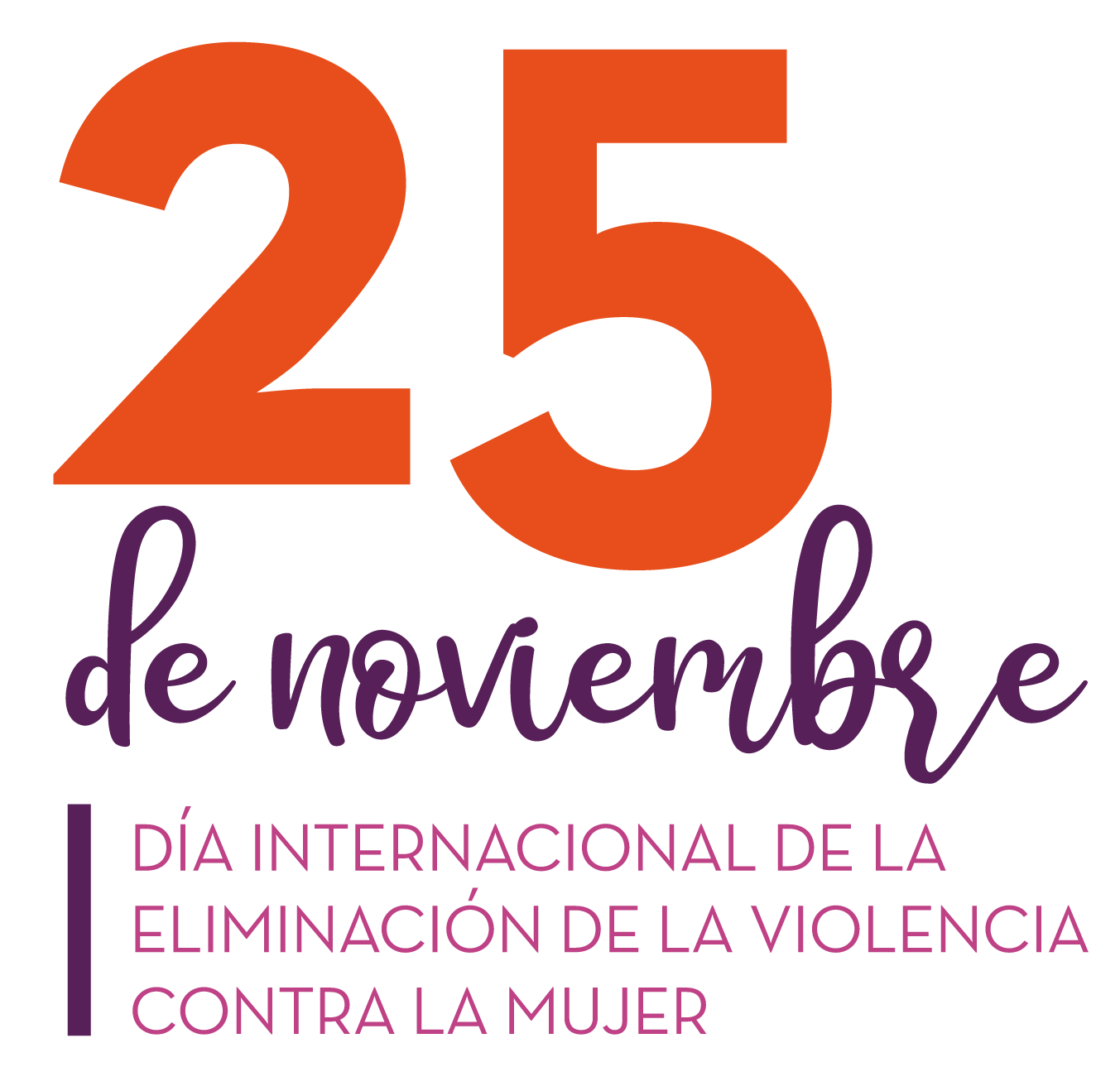
Our 2023 25N special edition is possible thanks to the Canada Fund for Local Initiatives, administered by the Canadian Embassy, which finances small-scale, high-impact projects aimed at empowering vulnerable communities and populations, and promoting human rights for everyone. For more than 50 years, in 120 countries, the Canada Fund has contributed to promoting democracy, supporting the protection of human rights, ensuring security and stability, creating opportunities and equality for children, women and youth, and stimulating sustainable economic growth, including actions in favor of the environment.



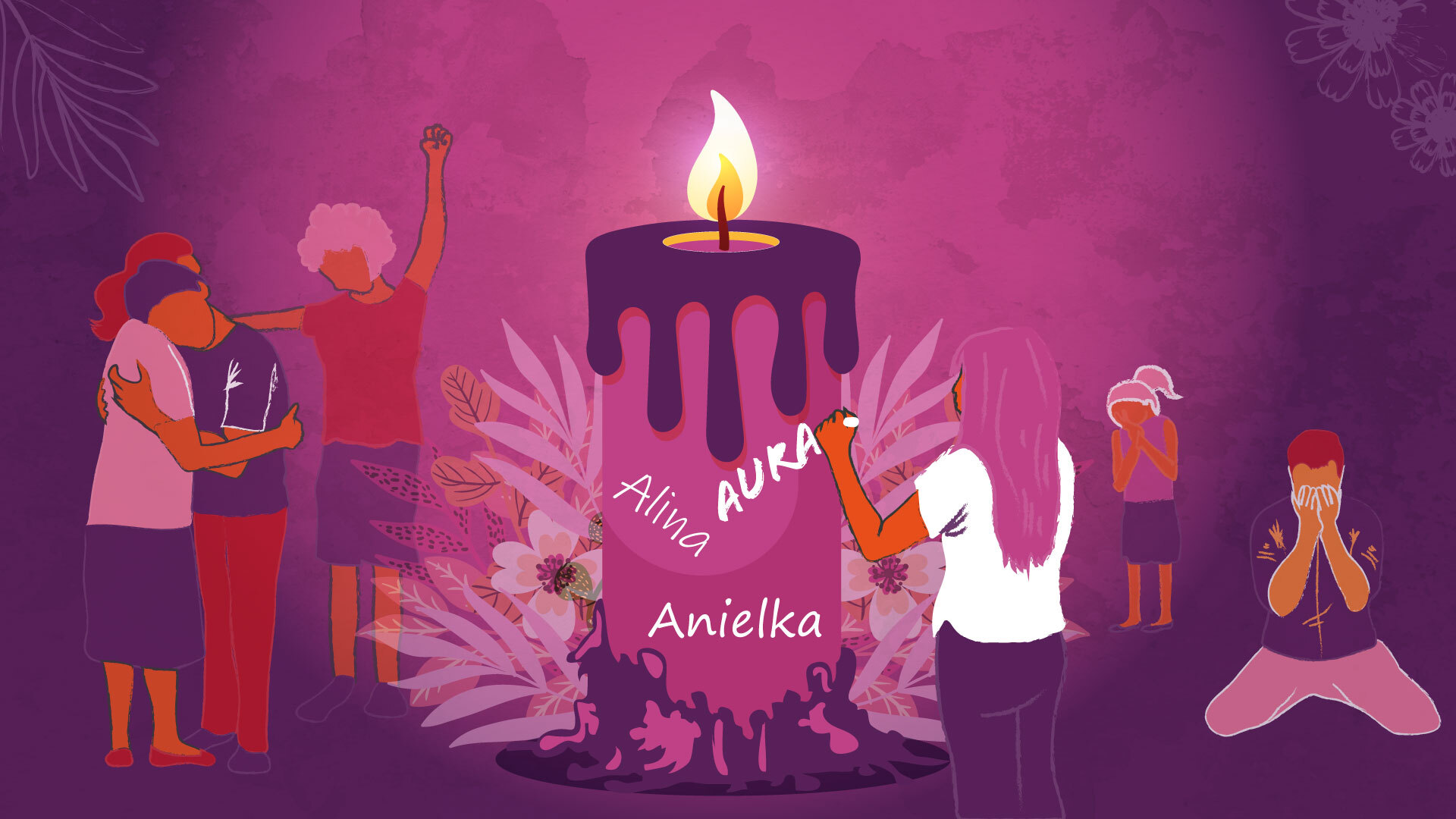
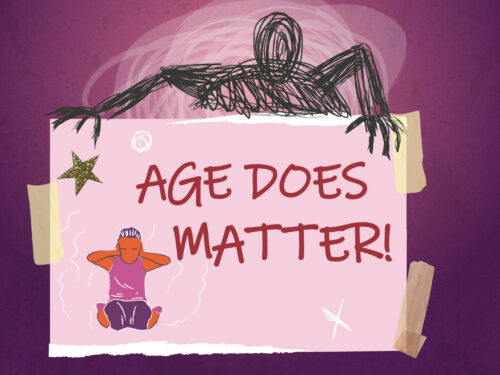
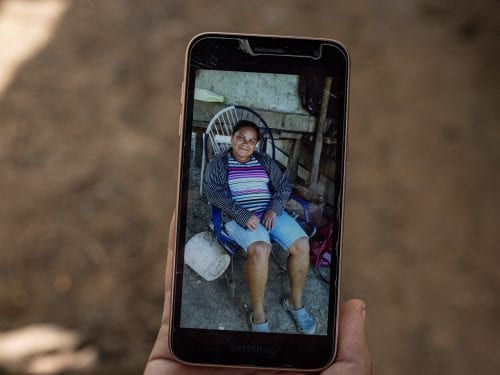
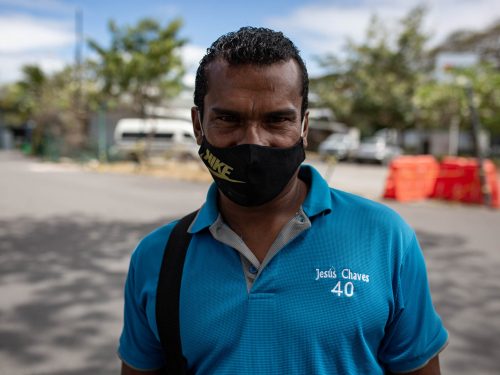

Comments